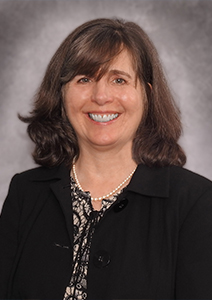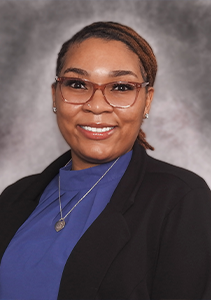Black women 65 percent more likely to die of breast cancer; Leading cause of cancer death in Hispanic women
African-American women are 55 percent more likely to die of breast cancer than white women, according to the American Cancer Society, even though the white women are more prone to the disease. In Cook County, the difference is even more pronounced — black women are 65 percent more likely to die of breast cancer than their white counterparts.
Studies show that Hispanic women are more likely to be diagnosed with later-stage breast cancer than non-Hispanic white women, even though white women are more prone to the disease. Cook County Health offers women free early screenings and expert care to fight these trends.
“The best way to battle breast cancer is to catch it early,” said Dr. Elizabeth Marcus, chair of the Breast Oncology Division at John H. Stroger Jr. Hospital of Cook County. “There have been remarkable advancements in cancer treatments over the years. CCHHS has made recent investments in new, state-of-the-art mammography and has a long history of providing multidisciplinary cancer care.”
Through CountyCare, a new Medicaid managed-care program provided through CCHHS, qualifying Cook County residents have access to free screenings, treatment and transportation, as well as some of the country’s top experts and technology.
There are three important tips that women should remember about breast cancer screening and prevention:
- Exercise 30 minutes a day and keep a healthy weight. Exercise will help keep you, your heart and your breasts healthy. Remember that more women die of heart disease than breast cancer.
- Limit alcohol intake to 1 drink per day. Alcohol is one of the risk factors for breast cancer that you have control over and can change.
- Get regular mammograms. Screening mammograms don’t prevent cancer, but they can pick up cancers at an early, treatable stage. Talk with your doctor about the right age to start and how often to have them.
“The most effective way to fight the disease is to find it in the early stages whether by self-exam, your primary care physician’s exam or through screen detection and seek prompt evaluation of any abnormalities,” Marcus said. “Early detection saves the lives of thousands of women each year. With high-quality free screenings and expert care from CCHHS doctors and nurses, we can improve detection and quality of life.”


